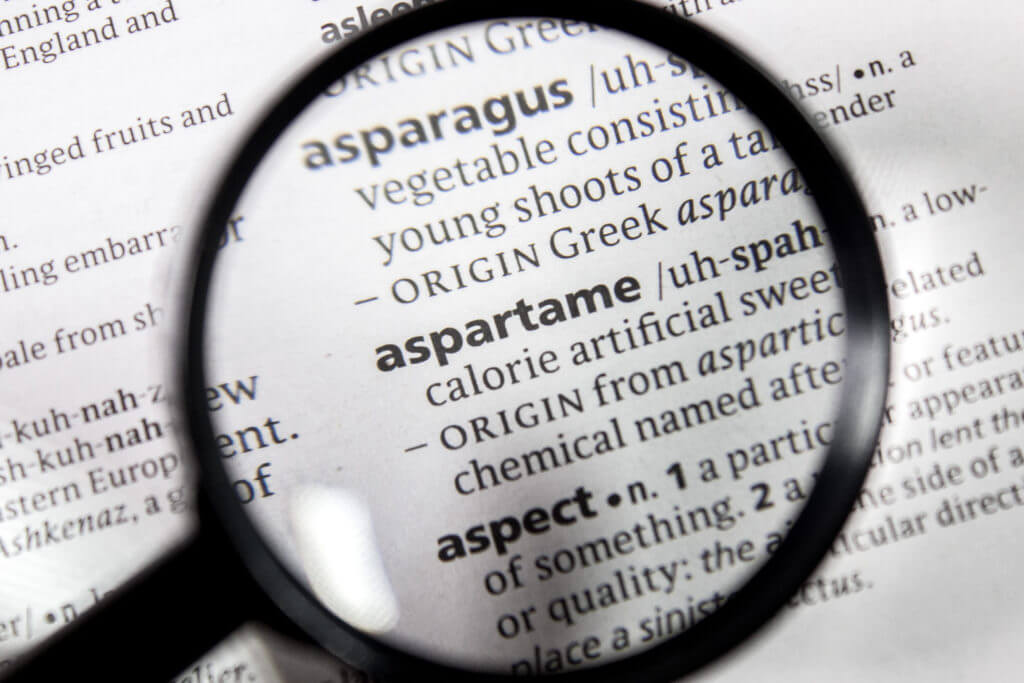TALLAHASSEE, Fla. — A popular artificial sweetener could be contributing to learning and memory deficits. Aspartame is a common sugar substitute in various foods and beverages. The U.S. Food and Drug Administration has previously stated that it’s safe for consumption within certain limits, but recent guidelines from the World Health Organization have indicated possible connections between aspartame and increased risks of metabolic disease, cardiovascular disease, and cancer. However, they did not focus on any potential impacts on brain function.
Florida State University College of Medicine researchers found that aspartame appears to have a link to learning and memory problems in mice. This comes after male mice consumed aspartame in doses much lower than what the FDA considers safe. Moreover, their offspring showed difficulties with spatial learning and memory during a controlled 16-week study.
“This is a cognitive function that is distinct from the anxiety behavior, so the effects of aspartame are much more widespread than the previous paper had suggested,” says study co-author Pradeep Bhide, the Jim and Betty Ann Rodgers Eminent Scholar Chair of Developmental Neuroscience in the Department of Biomedical Sciences, in a university release.

This new research builds upon a study from December 2022, which found that aspartame might be connected to increased anxiety in mice. The anxiety effects were observed even in the second generation.
Bhide further explained the difference between the two studies, noting that while emotional impacts can enhance memory, the most recent findings on memory and learning are distinct. The memory and learning issues were only seen in one generation and did not extend to the mice’s grandchildren.
“There is some overlap in terms of learning, memory and anxiety, in the sense that often there is an emotional component to our learning,” notes Bhide. “When there’s an emotional impact, you remember better. But this is a quite distinct function and brain network.”
“The second thing we noticed here, unlike the anxiety (research), this went only one generation. It was not seen in the grandchildren, only in the children [of the male mice], which is another line of support that these kinds of transmissions occur due to epigenetic changes in the sperm.”

The mice in the study were split into three groups for 16 weeks. One group only drank water, the second group consumed water with aspartame equivalent to two diet sodas per day, and the third drank water with aspartame equal to four diet sodas per day.
The mice’s learning abilities were tested at various intervals using a Y-maze and a Barnes maze, where the mice had to locate a “safe” box among 40 options. Mice not given aspartame found the box quickly, while those that consumed the sweetener took considerably longer.
“We’re seeing they use a different strategy, but they do find the escape box,” says study co-author Deirdre McCarthy, research faculty in the Department of Biomedical Sciences and the Center for Brain Repair. “They compensate in some sort of way.”
“Again, they can function, but they need longer time, or may need extra help,” explains Bhide, adding he hopes the FDA will take this information into account, possibly reconsidering aspartame guidelines, especially from a multi-generational viewpoint.
The study is published in the journal Scientific Reports.
You might also be interested in:
- Worried About Aspartame? A Look At Which Artificial Sweeteners Are Safe To Use
- Not so sweet: Artificial sweetener aspartame linked to anxiety
- 8 Ways Artificial Sweeteners Are Bad For You: Why ‘Sugar-Free’ Isn’t Always Healthier

